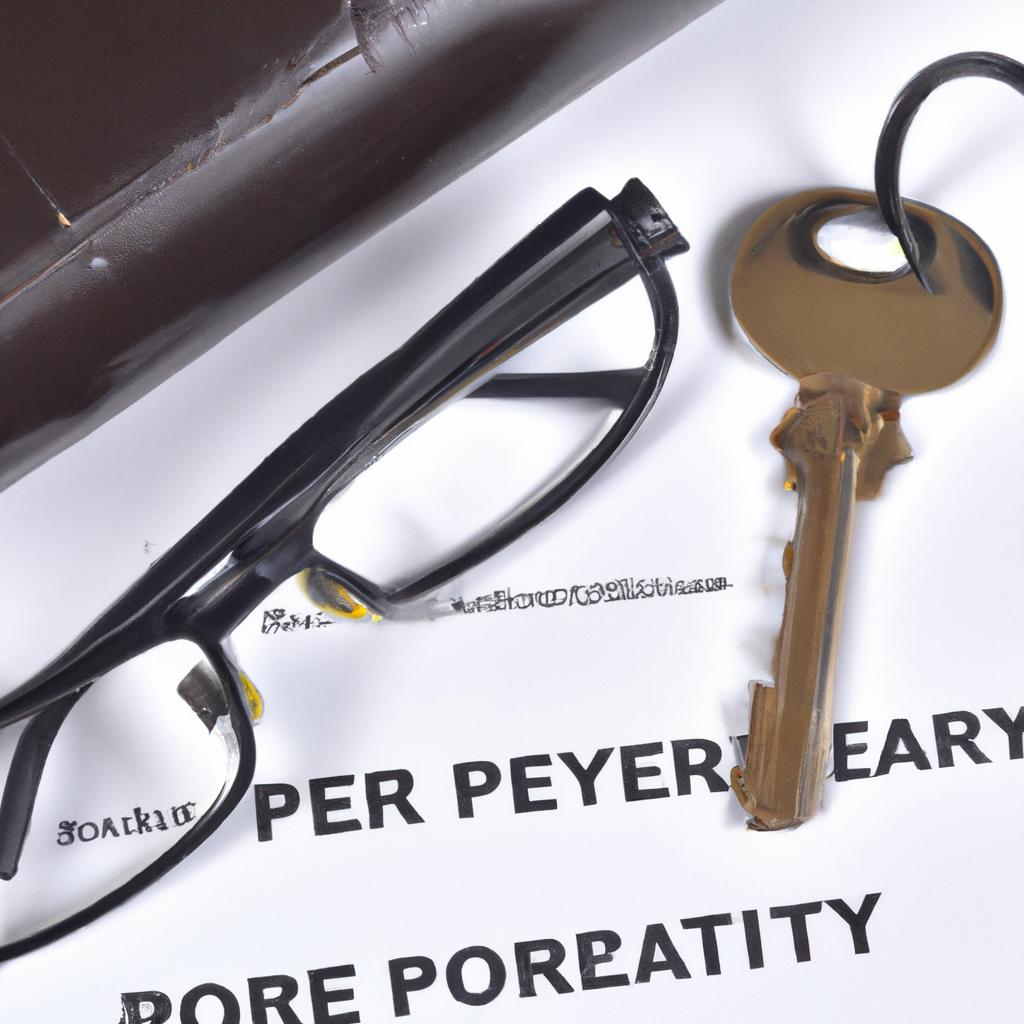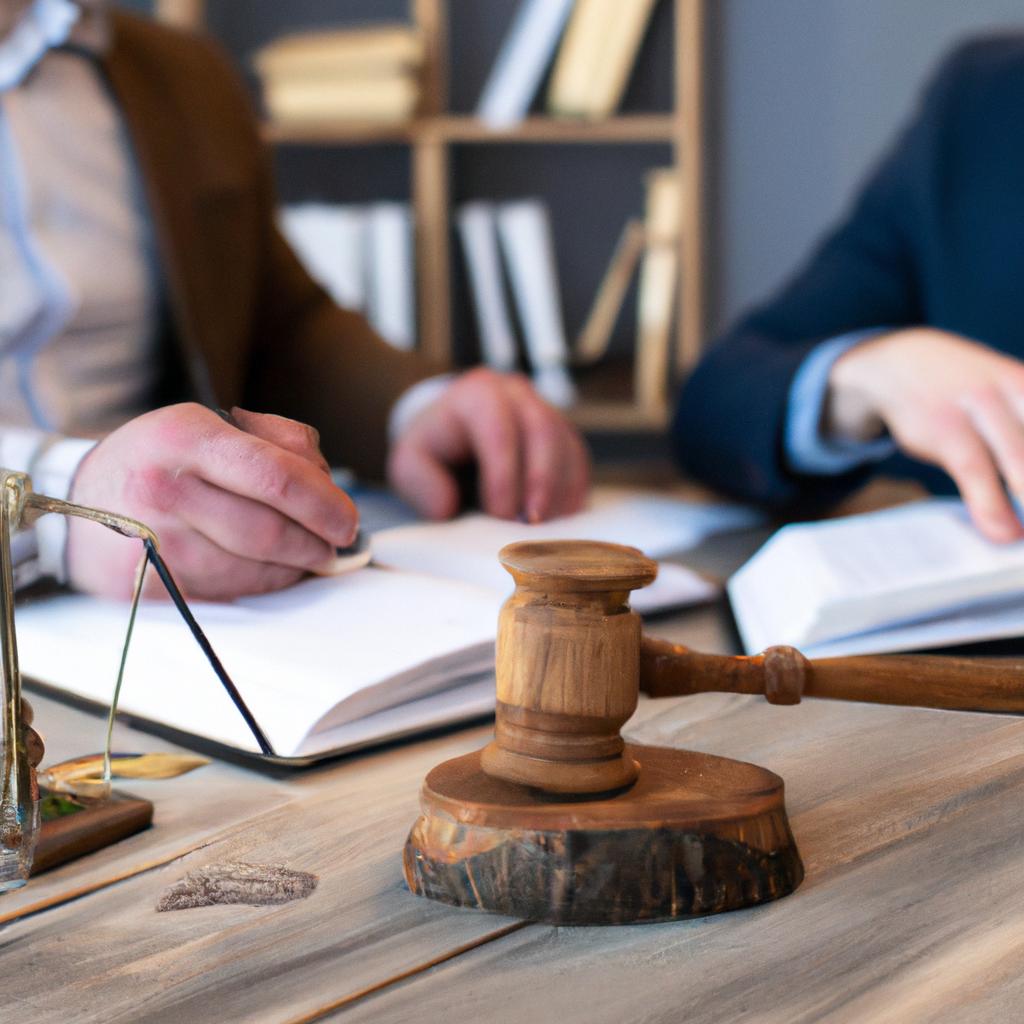As seasoned legal professionals specializing in estate planning, probate, elder law, Wills, and trusts at Morgan Legal Group in New York City, we understand the importance of possessing the deed to your house. The deed is a crucial document that serves as proof of ownership for a property and is essential for any homeowner to have in their possession. In this article, we will guide you through the process of how to find the deed to your house, providing valuable insight and expert advice on this significant aspect of property ownership.
Locating the Deed to Your Property
Finding the deed to your property is a crucial step in the process of owning real estate. The deed serves as legal proof of ownership and outlines the rights and responsibilities associated with the property. To locate the deed to your house, you can take the following steps:
- Start by checking with the local county clerk’s office. Deeds are typically recorded with the county where the property is located, so the county clerk’s office will have a copy of the deed on file.
- You can also search online databases, such as the county assessor’s website, to see if the deed is available electronically. Many counties now offer online access to property records, making it easier to find the information you need.
In some cases, you may need to hire a title search company to help locate the deed, especially if the property has changed hands multiple times. A title search company can conduct a thorough search of public records to track down the deed and ensure that the title is clear. If you are having trouble locating the deed on your own, it may be worth enlisting the help of a professional to ensure that you have all the necessary documentation for your property.
Understanding the Importance of Having the Deed in Your Possession
Having the deed to your house in your possession is crucial for several reasons. Firstly, it serves as proof of ownership of the property. Without the deed, you may encounter difficulties in proving that you are the legal owner of the house, especially in cases of disputes or legal matters. Additionally, the deed contains important information about the property, such as its boundaries, legal description, and any restrictions or easements that may exist.
One way to locate the deed to your house is by checking with the county recorder’s office where the property is located. The deed is typically filed with the county or city government and can be accessed through public records. You can also contact the title company that handled the closing of the property purchase, as they usually keep a copy of the deed on file. If you are unable to locate the deed, it is advisable to consult with a real estate attorney who can assist you in obtaining a copy and ensuring that your ownership of the property is properly documented.

Exploring Different Sources for Obtaining a Copy of Your Deed
When looking to obtain a copy of your deed, there are several sources you can explore to secure this important document. It is crucial to have a copy of your deed readily available for various legal matters, including estate planning and property transfers. Here are some different sources you can utilize to obtain a copy of your deed:
- County Clerk’s Office: Visit the County Clerk’s Office in the county where your property is located. They usually have copies of all property deeds on file.
- Online Resources: Many counties now offer online databases where you can search for and download a copy of your deed.
- Title Company: Contact a title company that handled the closing of your property purchase. They may have a copy of your deed in their records.
| Source | Accessibility |
|---|---|
| County Clerk’s Office | Medium |
| Online Resources | High |
| Title Company | Medium |
By exploring these various sources, you can ensure that you have a copy of your deed on hand whenever you need it. If you encounter any difficulties or need assistance, it is advisable to consult with a legal professional, such as our team at Morgan Legal Group in New York City, who can guide you through the process of obtaining your deed.

Consulting with a Real Estate Attorney for Assistance
When looking for the deed to your house, it’s important to consult with a real estate attorney for assistance. A real estate attorney can help you navigate the complex legal processes involved in obtaining your property’s deed and ensuring that it is properly recorded. By seeking the guidance of a knowledgeable attorney, you can save time and avoid potential pitfalls that may arise during the deed search process.
- Seeking legal advice from a real estate attorney can help you understand the intricacies of property law.
- An attorney can help you locate and obtain a copy of your property deed from the appropriate government office.
- By working with an attorney, you can ensure that the transfer of property ownership is properly documented and legally binding.
Furthermore, a real estate attorney can provide valuable insights and guidance on matters such as property rights, title issues, and potential legal disputes. With their expertise, you can rest assured that your property rights are protected and that any potential legal challenges are addressed swiftly and effectively.
Q&A
Q: I recently purchased a house and I am unsure if I have the deed to the property. How can I find out?
A: To determine if you have the deed to your house, you can check with the county clerk’s office in the jurisdiction where the property is located. They should have a record of the deed and can provide you with a copy.
Q: What information do I need to provide when inquiring about my deed at the county clerk’s office?
A: You will likely need to provide the address of the property and any relevant information about your ownership, such as your name and the date of purchase.
Q: Can I also search for my deed online?
A: Some counties may have online databases where you can search for property deeds. Check with the county clerk’s office or look on their website to see if this option is available to you.
Q: If I cannot find my deed, what steps should I take to obtain a copy?
A: If you cannot locate your deed, you can request a copy from the county clerk’s office. There may be a fee associated with obtaining a duplicate deed.
Q: Is it important to have a copy of my deed?
A: Yes, it is important to have a copy of your deed as it serves as legal proof of your ownership of the property. It is also useful for any future sales or transfers of the property.
To Conclude
In conclusion, locating the deed to your house can be a simple process once you know where to look and what to expect. By following the steps outlined in this article, you can confidently navigate the world of property ownership and ensure that you have all the necessary documents in hand. Remember, the deed to your house is an important legal document that proves your ownership, so be sure to keep it in a safe place. If you have any further questions or need assistance, don’t hesitate to reach out to a professional real estate agent or attorney. Happy house hunting!

